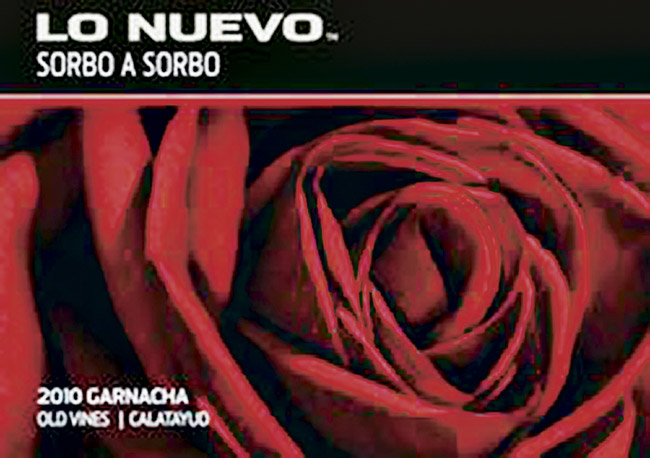How ‘Clean’ Do You Like Your Wines?
I asked my son to clean his room the other day. After a few minutes, he came to tell me he was done. I went to inspect his work, and it was obvious that he and I had different ideas of what “clean” is.
Some would say the same applies to wine. For me, clean means sound; not having obvious flaws. Flaws would include over-oxidation, corkiness, volatile acidity, over-sulfured wines or an over-abundance of brettanomyces (a type of yeast that can result in an almost fungal, mushroomy aroma in wine).
But for other wine drinkers, the word clean can have different meanings.
In normal parlance, dirty would be the opposite of clean. Using that as a base, one could say wines that are earthy would be dirty. But that would mean that a huge portion of wines from the Old World are “dirty,” which would be far from the truth. In this instance, the earthiness can be the essence or expression of the vineyard site and soil (aka terroir) that the wine comes from.
Granted, many drinkers do not delight in this earthy character in the smell of a wine and much less in its flavor, which is completely understandable. It would be better to say that they like fruit-driven wines rather than terroir-driven styles. As the word dirty is pejorative, you can see how winemakers all across Europe and even instances in the New World would be insulted if their wines were described in this manner.
I have had drinkers tell me at wine tastings that they like a wine because it is “clean.” I wonder oftentimes what “dirty” is to them. Does it mean there is no aftertaste in the wine?
For me, the aftertaste is a treat. I seek wines with a pleasant and long aftertaste. The aftertaste also is known as the “finish.” The most memorable wines for me are those with flavors that persistent on the palate long after the wine has been swallowed. That flavor intensity can be a result of many factors, but most of them come from the great care with which the grapes are grown, and perhaps a little in the winery.
I met one drinker who said the wine was clean because it had no wood flavor. He enjoyed drinking Sauvignon Blanc because it was clean. The largest majority of Sauvignon Blancs have no wood exposure at all. Conversely, are all wines with oak truly dirty?
I guess the majority of California Chardonnay drinkers like dirty wines or the host of other wine drinkers from around the world who drink any wines having overt and maybe even some covert influence from oak. Obviously, we could think of any type of additional flavoring to wine as an adulteration. However, I would not use the word dirty as the proper descriptive.
It is a matter of verbiage, vocabulary or communication, if you like. But it certainly does matter if you like wine. And whether or not you like a wine with some earthiness or not, I hope your year starts off with a clean slate.
That may be asking too much. How about at least with a clean room?
Recommendations: 2011 Clape “Vin des Amis” ($25) Clape is one of my all-time favorite producers of Syrah, and this wine proves it. This is his “entry level” blend of Syrah grown outside of the Cornas appellation, but it tastes as good if not better than any Crozes Hermitage out there. It is earthy, replete with intense black fruits and a hint of white pepper. It is rich but not heavy and has plenty of punch. 2010 Lo Nueve Garnacha ($13) If you are looking for a killer Spanish wine for not a lot of money, look no further. This wine has that New World fruit without all the dusty oxidized flavor some Spanish Garnacha is known for, and it is super smooth on the palate.
Roberto Viernes is a master sommelier. Email rviernes@southernwine.co m or follow him on Twitter @Pinotpusher.






